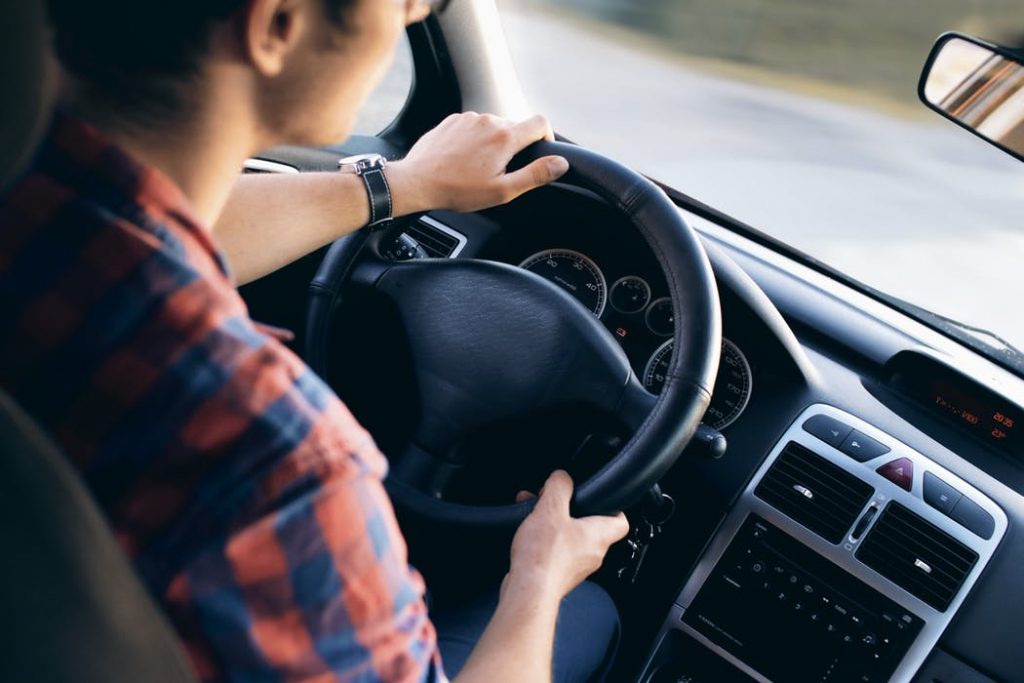Once driver medicals are scheduled, participants can feel a lot of pressure, confusion and anxiety. What is involved in these situations and what should be the priority? We will outline some approaches that assist community members as they prepare for these specific examinations.
Recognise Unique Test Requirements
There are two distinct domains that are in play with driver medicals. There will be those tests that are required for citizens who suffer a debilitating injury or illness that impacts on their capacity to drive. Then there will be age-related provisions where examinations are stipulated, even if the individual believes they are fit for the road. In these situations, there will be individuals who suffer from visual impairment, from hand-eye coordination, from concentration concerns and other issues that have to be studied and examined in detail.
Communicating With Trusted Medical Contacts
A common practice that clients will use before they approach driver medicals is to be in touch with their trusted medical contacts, especially if it comes to a nearby GP, physician or occupational therapist. What is their feedback and what are their opinions on being roadworthy and developing capabilities to have a complete or provisional licence? They will be a point of contact for driving authorities in any case, so rather than bypassing their feedback, it is important to be in communication with them about driving objectives and conditions for driving.
Feeling Comfortable Inside The Vehicle
Local citizens who want to be ready for their driving assessment on medical grounds might have to face a circumstance where their vehicle is conditioned and adapted for particular medical needs. This might involve adjustment with the seating and the mirrors to the placement of the wheel and inclusion of other utilities to assist with vision and control. It is imperative that anyone who requires those changes are comfortable and experienced operating under those provisions.
Engage Medical Test Providers Early
The state bodies that run and oversee driver medicals are in a position to pass on key advice to local members and to ensure they are best prepared for the task. Given their resources and experience, it is always beneficial to be in contact with them to ask questions, clarify information and to schedule appointments and testing windows weeks in advance. This will afford individuals the chance to arrange their commitments and to plan effectively for the examination.
Practising The Road Route
Being familiar with the surrounding area and being able to navigate unique traffic conditions is imperative when it comes to driver medicals. Much like participants that attempt to transition from their learners licence to a provisional licence, it is helpful to recognise particular road conditions, intersections, built-up areas and positions where reverse parking is engaged. The old saying remains true in this context: practice makes perfect.
Focus on a Calm & Calculated Temperament
The good news for participants who take part in driver medicals is that they are afforded every change to apply and reapply. Perhaps they receive their full licence on the spot. Maybe a conditioned licence is available. There will always be scope to return to this space and push again for road independence. The best approach is to be calm and calculated, thinking about what kind of requirements the representatives are studying and how a rehearsed practice will deliver the best outcomes.
Having Personal Support to Hand
Partners, family members and friends are incredibly valuable when it comes to working through and completing driver medicals. That assurance and peace of mind to be there on the day and to offer emotional support really carries a lot of weight. Unless the individual believes that the test is more of a formality given their condition and experience, then it is beneficial to have people available on the day.

